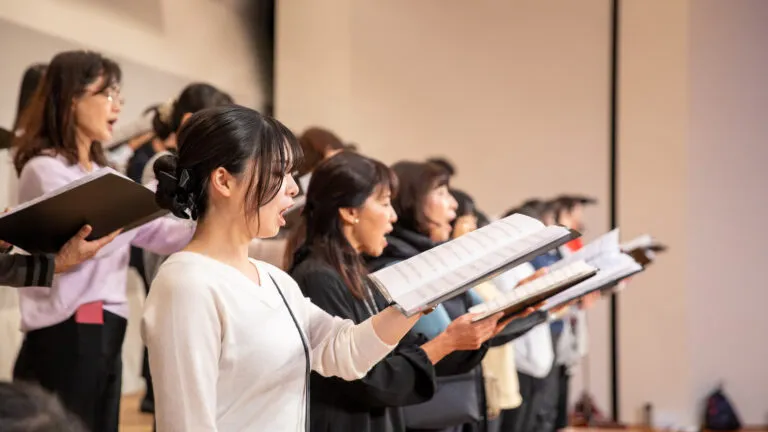Prayer meetings and “prayer request” times in church or small groups used to frustrate me, until I discovered a prayer secret that completely turned my frustration into fulfillment.
For example, my wife and I serve on one of many “hospitality teams” at our church. We arrive 45 minutes before the scheduled worship service, and receive instructions or updates with the large group of volunteers, then go off to a semi-private hallway with our 10- or 12-person group to pray before we take up our various duties (brewing coffee, greeting, etc.).
Our group’s leaders encourage us to share prayer requests (or “praise reports”) with the group before we then go around our little circle while some pray and some pass. Invariably, however, the bulk of our time is spent talking about our needs rather than praying about them. In fact, I’ve been in “prayer meetings” that had to be cut short after the “request” period, with a challenge to pray on our own as we dispersed because time had run out!
READ MORE: 3 THINGS TO LET GO OF IN PRAYER
And invariably, some of the requests are overlooked during the prayer time (though our group leaders thoughtfully and carefully record each request and follow up later in the week with a complete list via email so we can continue to support each other in prayer).
But here’s the prayer secret I discovered that made such frustrations a thing of the past for me: I don’t have to wait to start praying. I can pray as requests are being made.
It goes like this: Sister Monica begins sharing her burden for her teenage son, who is struggling with rebellion and depression. While she is still talking, I begin praying silently: “Lord, have mercy. Speak to him. Shine your light and love into his heart. Give Monica the wisdom she needs,” and so on. It helps me to move my lips as I pray, but I try to do so in a way that doesn’t draw attention.
Then, as the next person starts sharing a concern, I finish praying for Monica and her son and shift to immediately and silently praying for the next request being made.
When someone “passes,” I’ll still say a quick prayer for God to bless that person and to meet their needs.
In this way, by the time the “prayer request” time is over and it’s “time to pray,” I’ve already taken every need people have expressed—and some they haven’t—to the throne of God in prayer. And rather than feeling frustration at the ratio of “request time” to “prayer time,” I can focus on the prayers being offered while feeling satisfaction at the requests I’ve already made.





